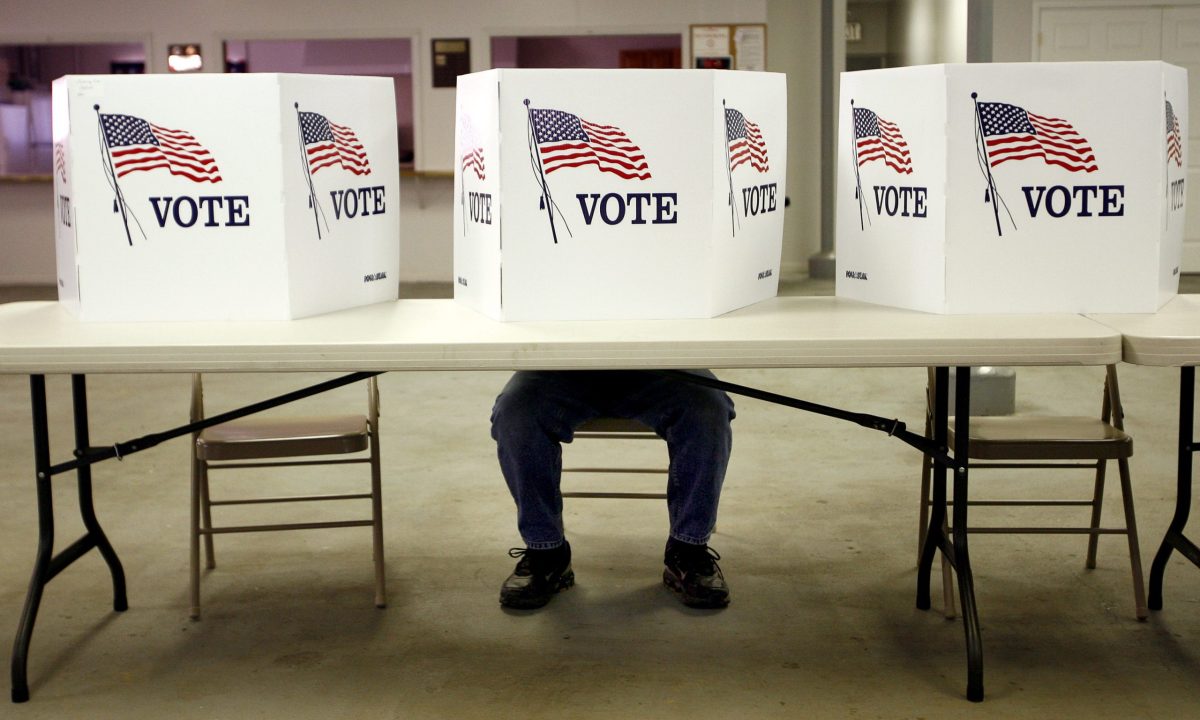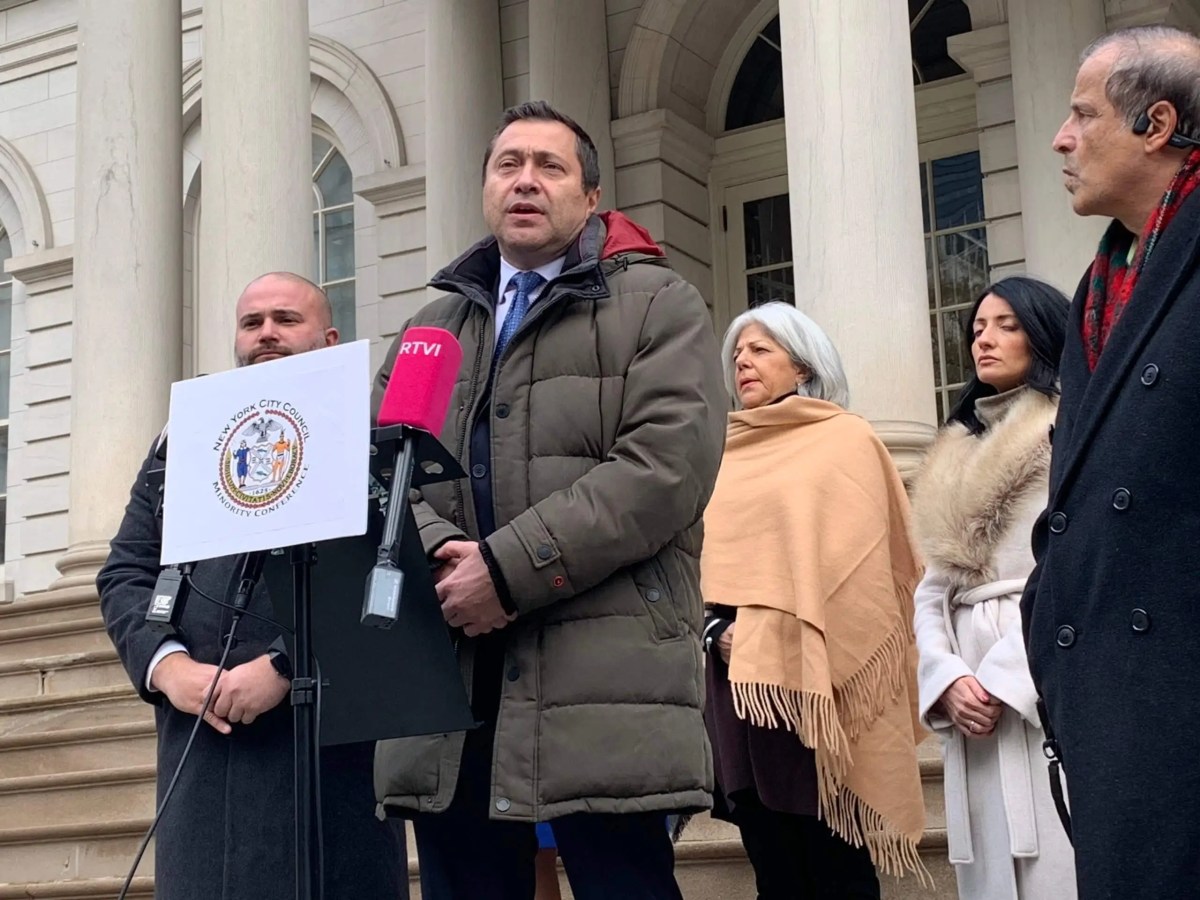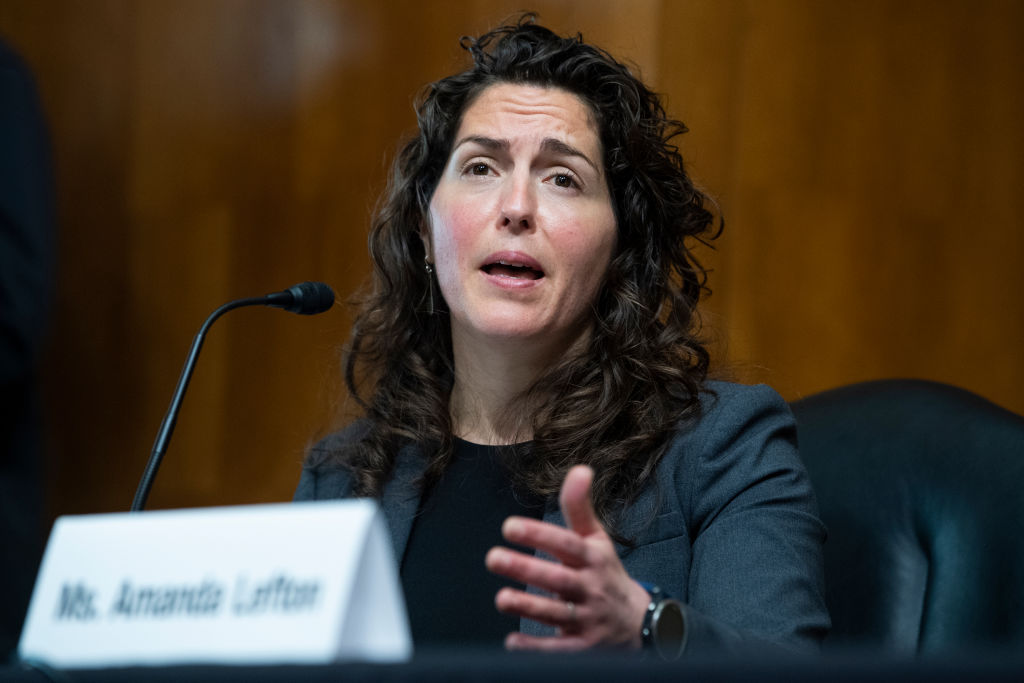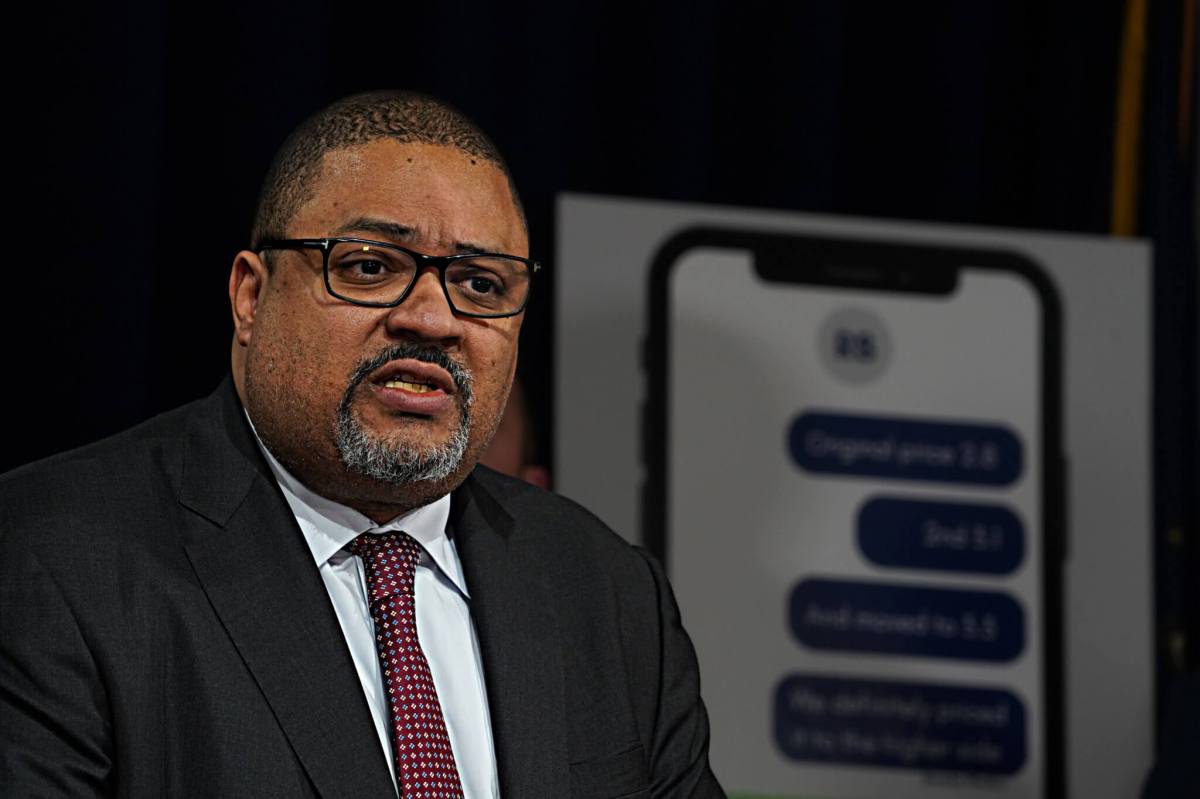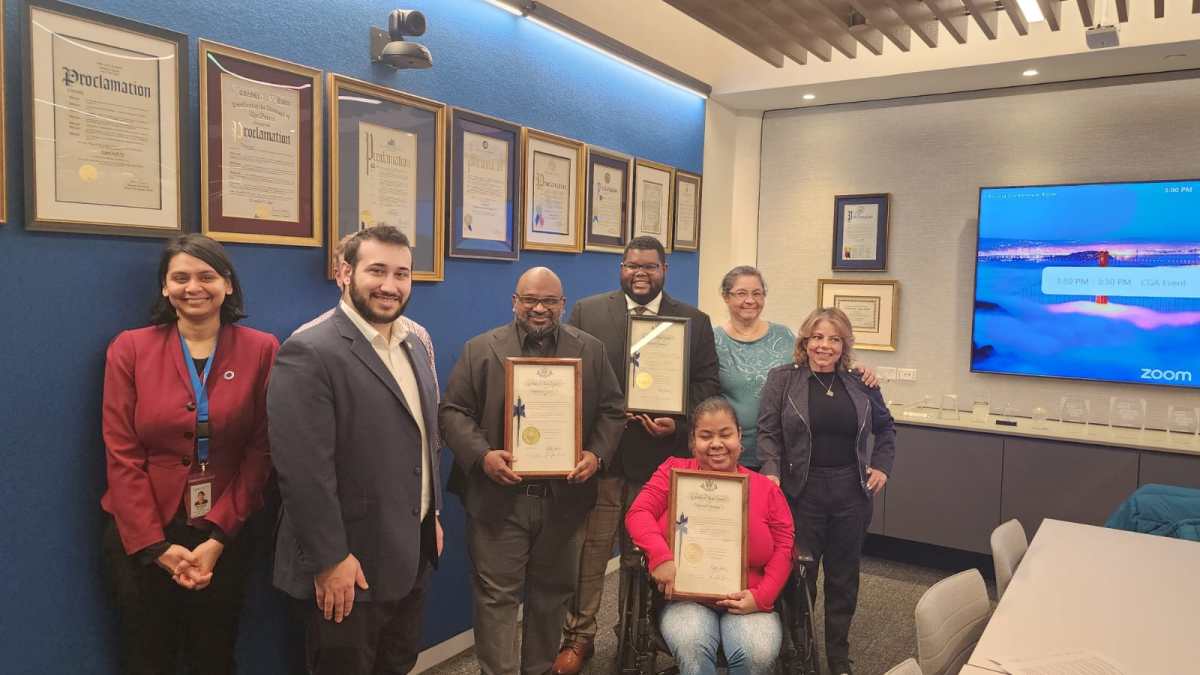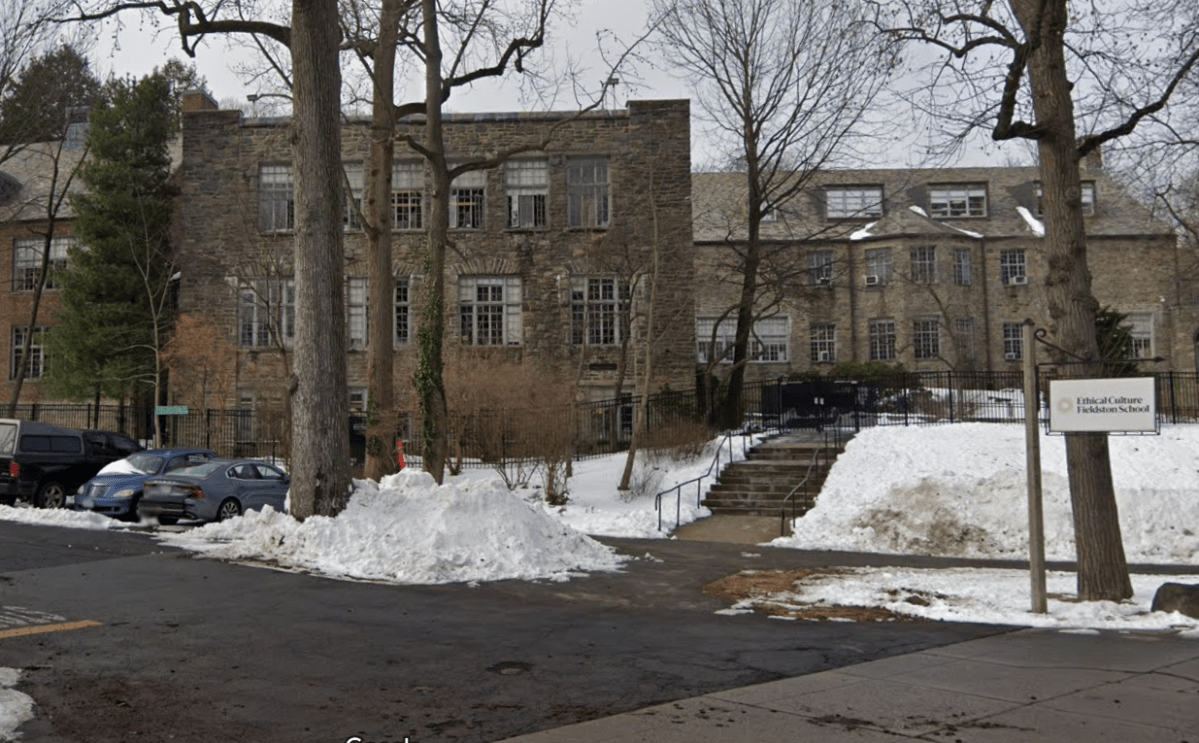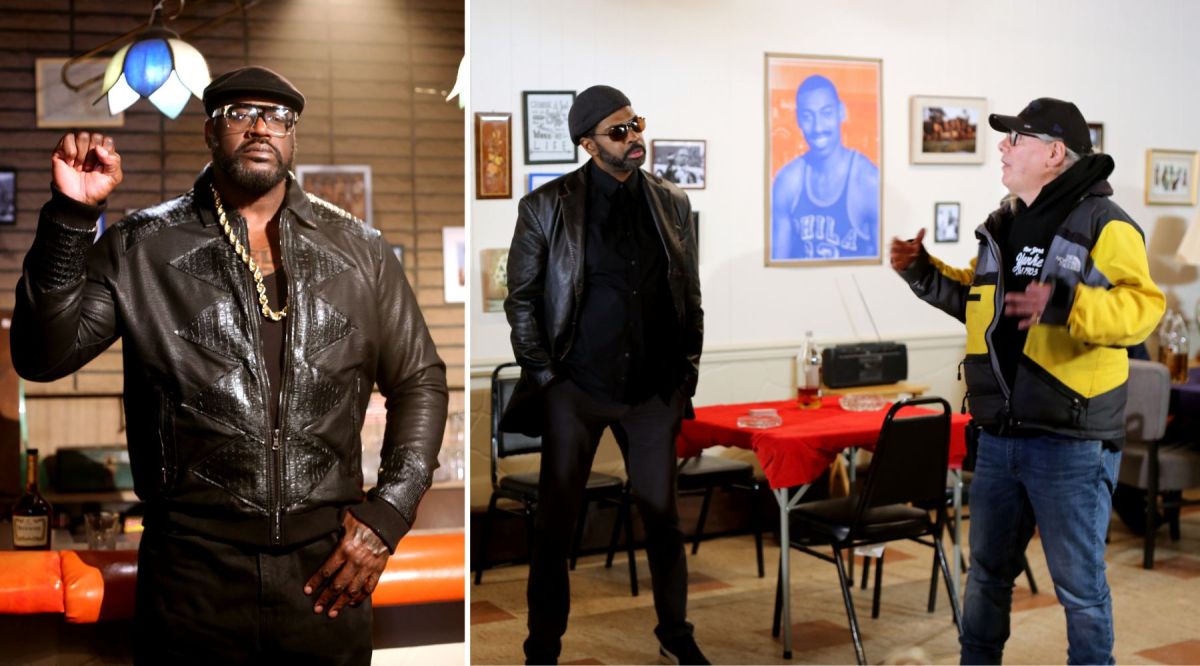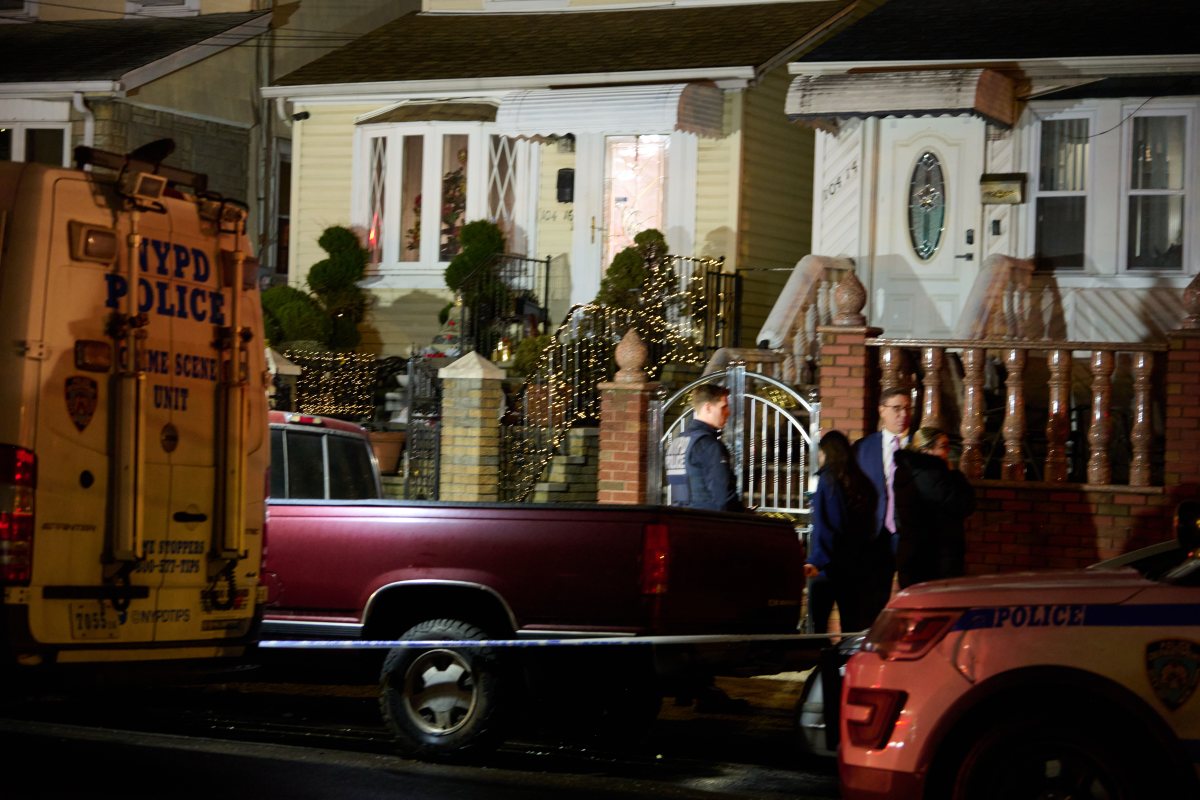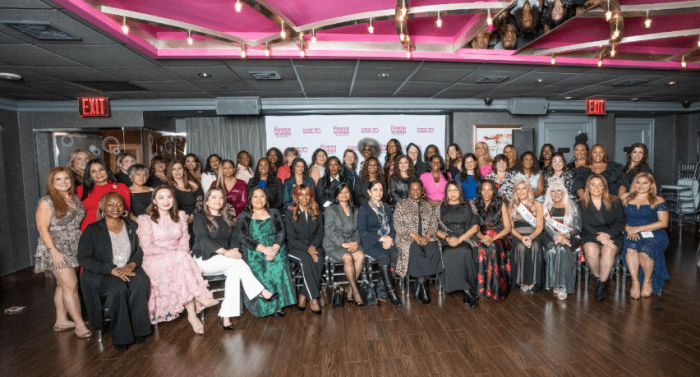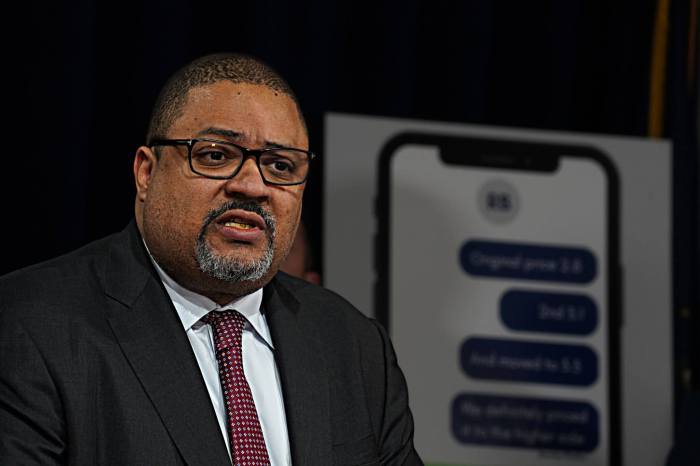BY MATTHEW LAVIETES
Hundreds of thousands of transgender Americans may be unable to vote in this year’s election because their name or looks do not match their identification card, research showed on Thursday, a trend that experts say could affect Democratic turnout.
Some 378,000 eligible U.S. voters who are trans do not have identification such as a driver’s license that reflects their appearance or gender identity, said a report by the Williams Institute at the UCLA School of Law, a public policy research institute.
In the United States, 35 of the 50 states require voters to show identification and of the trans people without IDs, 260,000 live in one of the 35 states, the research said.
Backers of voter ID laws say they are intended to combat voter fraud.
Voter rights advocates say the number of actual cases is extremely small and restrictions disproportionately affect poor and minority voters.
In the November 2020 election, Democrats are hoping to oust U.S. President Donald Trump, the presumed Republican nominee, from a second term in the White House.
On Election Day, poll officials and workers decide whether the voter in front of them is the person on the voter registration rolls, said report co-author Jody Herman, a researcher at Williams, in a statement.
“Especially in states that require an ID to be shown, this could result in some transgender voters being disenfranchised,” she said.
Keeping trans people from voting could favor the Republican party that is more conservative than its Democratic rival, said Richard Hasen, an election law expert and law professor at the University of California, Irvine.
“If you look at the demographics of people least likely to have an ID, they tend to be more poor or a racial or ethnic minority,” he told the Thomson Reuters Foundation.
“These all correlate with someone who is more likely to vote for a Democrat.”
In 2018, civil rights groups in Georgia accused a top state official, a Republican, of trying to depress minority turnout, by putting more than 50,000 voter registration applications on hold, to improve his chances in his bid to become governor.
The state of Georgia has an “exact match” law requiring personal information on voter applications such as names to match state databases.
Having an ID that does not reflect an individual’s gender identity can make it difficult for transgender people to apply for jobs, get housing or travel, advocates say.
“Transgender people should not be denied their opportunity to participate in our democracy because laws and regulations around identification documents haven’t kept up with reality,” said Mara Keisling, head of The National Center for Transgender Equality Action Fund, in a statement.
“Every eligible US citizen should be allowed to vote, including members of the transgender community.”
Advocates have argued for ways to change gender markers on birth certificates and other documents, a process that varies state by state.
Earlier this week, a U.S. lawmaker on Tuesday introduced a bill that would add a gender-neutral option to passports to advance the rights of LGBT+ people.
Several U.S. states where voter ID is required, including Alabama, Tennessee and Virginia, will hold primaries next Tuesday.
Dubbed Super Tuesday, the 14-state March 3 contest offers the largest single-day haul of delegates in the Democratic Party’s White House nominating battle.
While several states have “exact match” laws, others require residents to show photo identification when voting.



